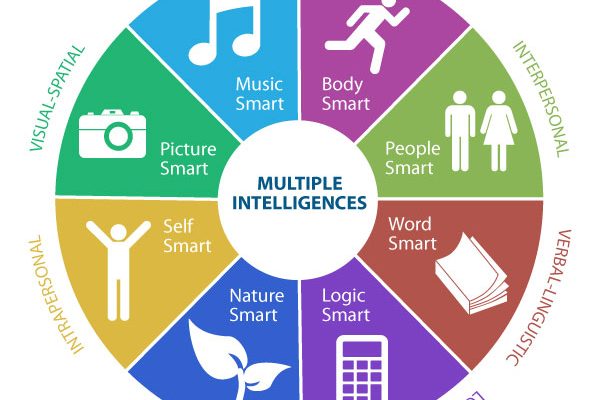Gamify Reading for Maximum Student Engagement

There is always an ongoing debate in classrooms, particularly at the elementary level, as to the effectiveness of adding technology to early and more advanced reading programs. However, the right combination of excitement and entertainment and actual learning experiences through a more computer or app game-like experience is very positive for children.
The key factor to remember is that online games and gaming experiences can be a wonderful way to enhance foundational reading skills. It is not meant to replace teaching or teacher engagement with students around course material. With the kids excited about interacting with each other, with technology and with a format they are comfortable with, real changes in motivation and learning opportunities will become a part of their daily experience.
Including educational software is one way to gamify reading, but there are some additional components in online games that teachers can use to boost student engagement, motivation, and feelings of success and accomplishment.
Adjusted for Different Learning Styles
Many of children, particularly younger students, have very short attention spans. Children with a background of spending time playing online games quickly adapt to the fast pace and the discrete tasks required on each page or section of an online educational game. The speed of response and immediate feedback through the system is also highly rewarding and motivating for students. The immediate and personalized responses to the game allow kids of all levels to see real growth and skill development.
Additionally, through the use of educational online games and programs, students with different learning styles can be accommodated with ease. For the auditory learners, there are the sounds and the lecture-style information. The visual learners will engage with the written text and the graphics while kinesthetic learners have the ability to move about, interact and show their learning in meaningful ways based on their learning styles.
Changes in the way a teacher approaches teaching to create a gamifying atmosphere in the classroom will need to be a priority. Understanding what to change will always be a personal decision based on your comfort with the method. Educators can choose to gamify an entire reading unit, a single lesson or develop a class project using the structure.
Ideas for Gamifying a Reading Lesson
First, start by getting rid of the old terminology when talking to your students or when planning for lessons. Instead of having assignments and tests kids will participate in challenges, quests or battles and they have choices in how they demonstrate their knowledge.
In this way, the students are able to work to their own strengths and to also incorporate creativity in their application of the knowledge. Including the class as part of the team of “game designers” gives them ownership over their learning, which is a powerful motivator.
For example, after reading a specific novel (the quest) students can choose between one of several challenges or battles to show their understanding. They could write an essay, design a board game, put on a play or perhaps create a PowerPoint presentation. Each of these challenges would equate to specific achievement badges, game points or even different player levels.
To recognize achievements for reading, a gamified classroom can include:
- Individual badges students earn as they choose more challenging battles progressively or complete selected challenges throughout the quest. Students can assist in deciding the different levels and achievement rewards, with the teacher providing guidance and support. Younger children will need more support than older kids familiar with this approach to learning.
- Player interaction – one of the drawbacks of gamifying reading is the inability for immediate feedback as is offered through computer programs. However, students can provide each other with feedback with just a bit of training, encouragement and skill development.
- Give Chances – in any game, players have multiple lives or are offered multiple attempts. By incorporating this into your classroom management strategy, kids don’t see an error as a failure, but rather an opportunity to complete the quest making different decisions.
- Learning Teams – many online games that older students play on a regular basis involve teams. By having different learning groups within a classroom, students can talk about learning and thinking, incorporating metacognition and peer learning strategies. For those students struggling with specific concepts this peer to peer interaction can be very positive and help students to understand that not everyone learns the same way, just as not everyone plays a game the same way.
The key to any reading class gamification is to make it engaging and motivating for the students. Teachers will also find the collaborative emphasis and the focus on multiple paths to achievement as a refreshing change from tests, standardized assignments and boring lesson lectures. To get started, try out some of the classroom gamifying software available, allowing you to quickly set up quests, recognition programs, points monitoring and to get direct feedback from students.






